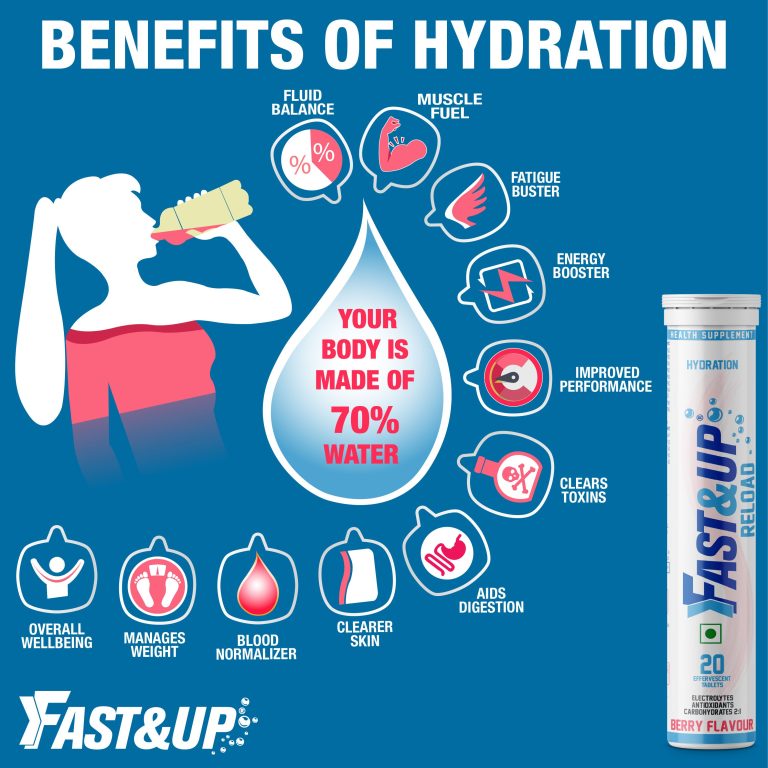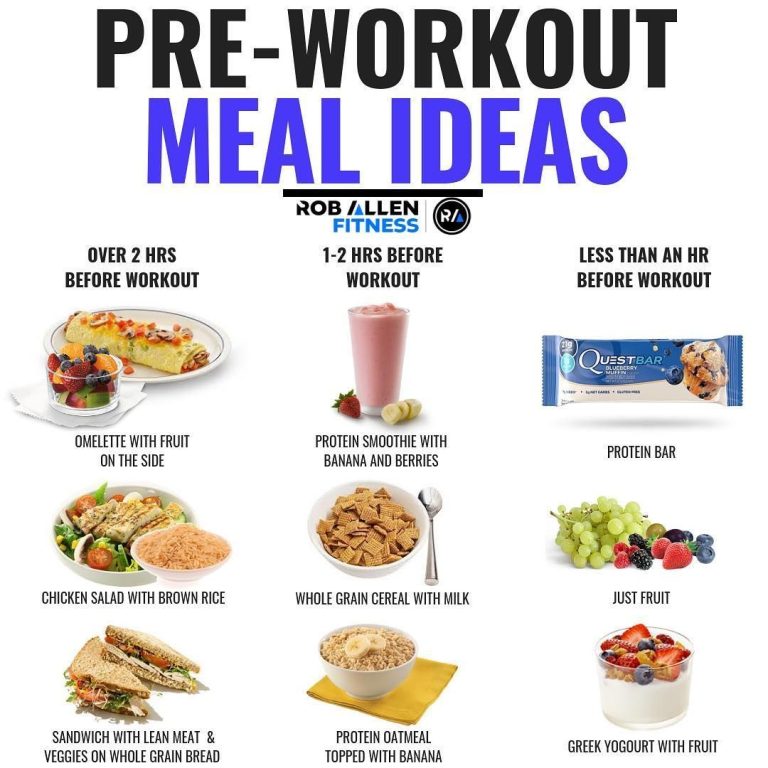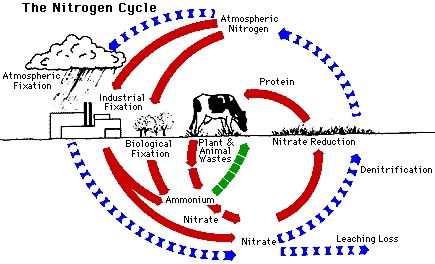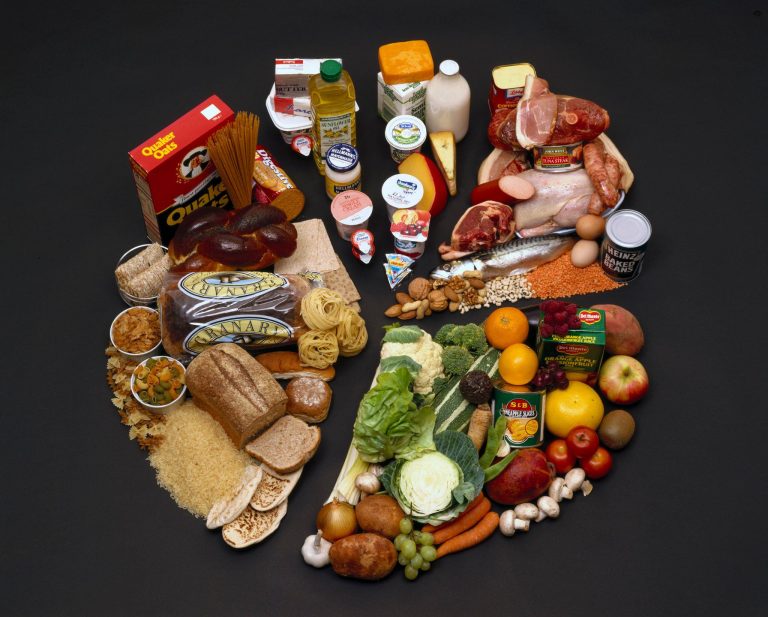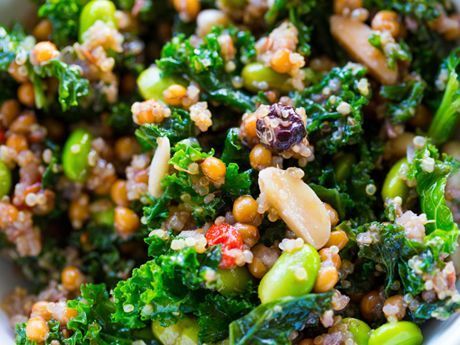When it comes to building muscle, exercise alone is not enough. Adequate nutrition plays a crucial role in maximizing muscle growth, repair, and recovery. The right balance of nutrients provides the building blocks necessary for muscle tissue synthesis. This article will explore the essential components of a muscle-building diet and provide tips on incorporating them into your daily routine.
Protein: The Foundation
Protein is often referred to as the “building blocks” of muscle. It is essential for muscle growth and repair, as well as the synthesis of enzymes and hormones related to muscle development. For optimal muscle building, it is recommended to consume 1.2 to 2 grams of protein per kilogram of body weight per day. Good sources of protein include lean meats, poultry, fish, eggs, dairy products, and plant-based options such as legumes, tofu, and quinoa.
Carbohydrates: Fuel for Workouts
Carbohydrates are the body’s primary source of energy, especially during intense workouts. They provide fuel for muscle contractions, allowing you to push harder and train at a higher intensity. It is important to choose complex carbohydrates like whole grains, fruits, and vegetables, as they offer a steady release of energy and are packed with essential vitamins, minerals, and fiber. Simple sugars and processed foods should be limited as they can lead to energy crashes and hinder muscle growth.
Fats: Essential for Hormonal Balance
Fat often gets a bad reputation, but it is actually necessary for muscle building. Healthy fats aid in hormonal regulation, including testosterone production, which is crucial for muscle development. Opt for sources of unsaturated fats such as avocados, nuts, seeds, and olive oil. Avoid or limit saturated and trans fats found in fried foods, processed snacks, and fatty meats, as they can have negative effects on overall health.
Timing and Frequency of Meals
Not only does the content of your meals matter, but also when and how frequently you eat. To optimize muscle growth, it is beneficial to consume protein and carbohydrates within 30 minutes after a workout. This promotes muscle repair and replenishes glycogen stores. Additionally, spreading out your protein intake evenly throughout the day, approximately every 3-4 hours, ensures a steady supply of amino acids for efficient muscle synthesis.
Hydration: Often Overlooked
Proper hydration is often overlooked in muscle-building discussions, but it is crucial for various bodily functions, including muscle function and recovery. Water makes up a significant portion of muscle tissue, and dehydration can lead to decreased performance and impaired muscle recovery. Aim to drink at least 8 glasses (64 ounces) of water per day and increase your intake during intense workouts or hot weather.
Supplements: Complementing Your Diet
While a well-balanced diet can provide most of the necessary nutrients for muscle building, some individuals may benefit from specific supplements. Whey protein powder is a popular choice for its ease of use and high protein content. Branched-chain amino acids (BCAAs) can also aid in muscle recovery and prevent muscle breakdown. However, it is important to consult with a healthcare professional or registered dietitian before incorporating any supplements into your routine to ensure they are safe and appropriate for your individual needs.
Conclusion
Nutrition is a vital component of muscle building, working synergistically with exercise to support optimal growth, repair, and recovery. A diet rich in high-quality proteins, complex carbohydrates, and healthy fats provides the essential nutrients needed for muscle synthesis and overall health. Remember to prioritize hydration and consider incorporating supplements under professional guidance. By fueling your body properly, you can maximize the results of your hard work in the gym and achieve your muscle-building goals.

